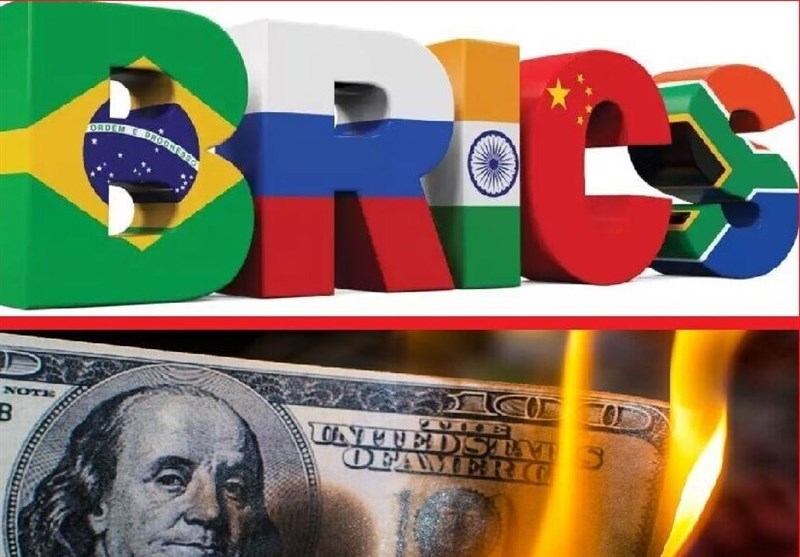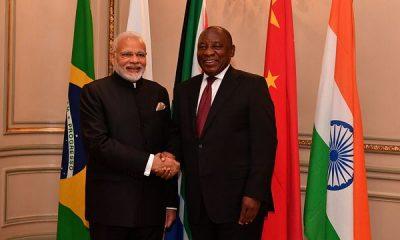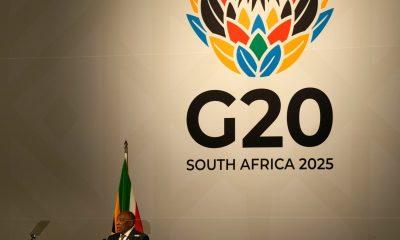Business
Brazil Leads the Charge in De-Dollarization as BRICS Nations Shift to Local Currencies

As Brazil assumes the BRICS chairmanship for 2025, it has firmly positioned itself at the heart of the growing de-dollarization movement within the BRICS bloc. The country has actively promoted local currencies in international trade, signaling a significant challenge to the U.S. dollar’s long-established dominance as the primary global reserve currency.
Brazil’s Ministry of Finance has made clear its stance on reducing dependency on the U.S. dollar, with Secretary Tatiana Rosito highlighting that trade in local currencies is already underway, specifically between Brazil and China.
“There are no obstacles on Brazil’s side,” Rosito emphasized, signaling a strong commitment to continue promoting this shift away from the dollar in favor of regional currencies.
BRICS Expands and Accelerates De-Dollarization Efforts
The BRICS bloc, which now includes Brazil, Russia, India, China, South Africa, Egypt, Ethiopia, Indonesia, Iran, and the UAE, is accelerating its efforts to decrease reliance on the U.S. dollar. This effort is part of a broader strategy to implement alternative financial systems and to reduce vulnerability to the fluctuations of the U.S. dollar, especially amid global geopolitical tensions.
The de-dollarization push by BRICS nations is intended to reshape global trade, focusing on the use of local currencies for bilateral trade, investment, and financial transactions. This move seeks to provide member countries with more financial autonomy and reduce their exposure to external economic pressures caused by the U.S. currency.
Why De-Dollarization Matters
The U.S. dollar has long been the world’s dominant reserve currency, used in the majority of global transactions. However, recent moves by countries like Brazil, China, and Russia signal a shift toward multi-currency trading systems, where the U.S. dollar’s influence is significantly diminished.
De-dollarization offers several benefits for emerging markets:
-
Reduced dependency on U.S. monetary policy.
-
Greater control over financial systems and trade agreements.
-
Lower exposure to risks associated with U.S. dollar fluctuations and inflation.
For BRICS, this shift could lead to more equitable global trade relationships and provide economic resilience for countries outside the influence of U.S. policies.
BRICS and the Future of Global Trade
As the world’s economy evolves, the BRICS nations are pushing for a more multipolar financial system. The BRICS New Development Bank (NDB) and other joint financial institutions are already laying the groundwork for a future that relies less on the U.S. dollar and more on regional currencies.
Countries like Brazil are leading by example, but the success of this initiative will depend on increasing cooperation among BRICS members and other nations. The long-term goal is to create a more diversified global economy, where no single currency dominates, allowing for greater stability and flexibility in global trade.
The End of Dollar Dominance?
Brazil’s proactive stance in de-dollarization is more than just a political statement. As BRICS nations continue to prioritize local currencies in trade agreements, the future of the U.S. dollar’s dominance may be in jeopardy. The global shift away from the U.S. dollar could reshape the future of global finance, providing new opportunities for countries to secure their economic futures without the influence of a single, fluctuating currency.
{Source Watcher Guru}
Follow Joburg ETC on Facebook, Twitter , TikTok and Instagram
For more News in Johannesburg, visit joburgetc.com



























